Ask Jurgen Klopp the same question every year, and he will invariably give you the same answer: the most important part of any campaign is pre-season.
It is an opportunity for the manager and his staff to work closely with the squad on and off the training pitch, with their yearly trips to secluded training camps considered the most beneficial part.
Players are put through a rigorous fitness programme before balls are even introduced, while Klopp oversees double and often triple sessions to prepare for the season ahead.
More frequently now, it is a time for new ideas to be implemented, with Liverpool embracing pioneering techniques and calling upon guest speakers from different walks of life.
Last summer, adventurer Ben Fogle spent time at the club’s base in Evian, while ahead of the title-winning season of 2019/20, professional surfer Sebastian Steudtner took the squad through underwater breathing exercises.
Two more visitors to Evian ahead of the current season were Dr Niklas Hausler and Patrick Hantschke, of neuroscientific training group neuro11.
Hausler and Hantschke, long-time friends and business partners, founded neuro11 in 2019, with funding from both the EU and the German government, alongside Fabian Steinberg, a doctor of neuroscience and sports science.
Their relationship with Klopp was first struck around the time the company was launched, with the Liverpool manager seeking new opportunities when it came to set-pieces.
After meetings with Klopp and his assistant Pepijn Lijnders, their association was put on hold due to the pandemic, but with restrictions easing earlier this year, they were finally able to work in close contact with the squad.
The process, which Hausler told The Athletic is “the next frontier in athletic performance,” involves attaching electrodes to a player’s head while a pack is strapped to their waist, to collect data during sessions.
Trent Alexander-Arnold, Mohamed Salah, James Milner and Harvey Elliott all joined Hausler and Hantschke for sessions in Evian, with the pair monitoring their approach to free-kicks and penalties, before producing individual programmes for each player.
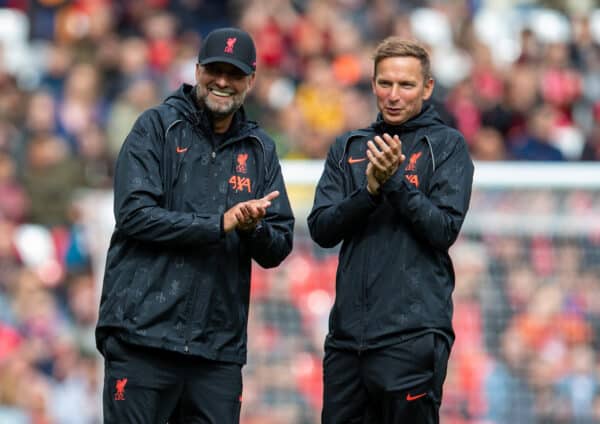
“One of our ideas, for example, was to improve the delivery in our set-pieces,” Lijnders told the club’s official website during pre-season.
“Direct free-kicks, wide free-kicks, penalties and corners.”
Lijnders added: “Jurgen and I really believe in these two guys and their concept… With Patrick and Niklas, we give a completely new impulse to accuracy training. Will it pay off? I’m hopeful it will.”
So far, it certainly seems to be.
Liverpool currently top the Premier League for goals from free-kicks and corners, with eight, which is only four fewer than in the entirety of the previous campaign (12) and nine fewer than the season before that (17).
As it stands, the Reds are averaging a goal every other game from a set-piece situation, with their current rate indicating they will end the season with 19.
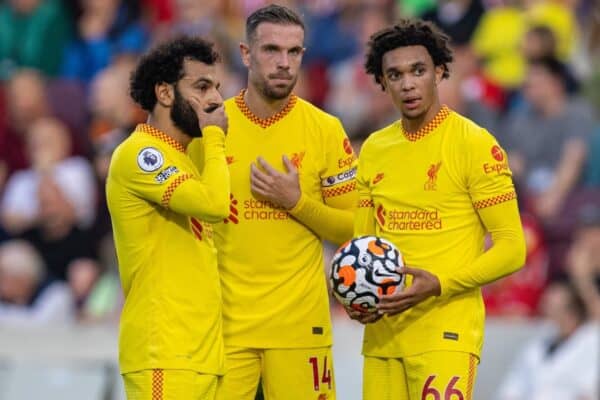
While there is no guarantee that average will be maintained, the end result for neuro11 is an almost robotic consistency in a player’s mental approach to free-kicks, corners and penalties.
It is Alexander-Arnold who will likely benefit the most, and this is not the first time the 23-year-old has opened up to sports science in order to improve his game.
The right-back has worked alongside sports vision expert Dr. Daniel Laby as part of his connection with Red Bull, which included use of a VR headset to develop his decision-making and accuracy with target tracking.
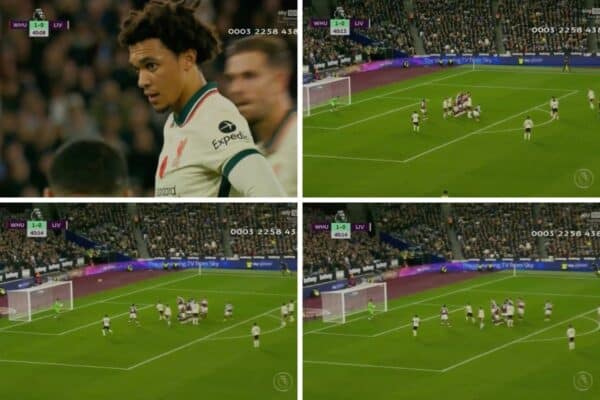
There will have been pride, then, when Alexander-Arnold stepped up to bend a free-kick into the top corner and level the scores at 1-1 during November’s 3-2 defeat at West Ham.
Watching on, Hausler relished the fruits of his labour in Evian, taking to Twitter after the game to reflect on “the moments when goals and dreams come true”:
The moments when goals and dreams come true. #trainyourbrain ???? @TrentAA @neuro11official https://t.co/fkqrI3QApc
— Dr. Niklas Häusler (@neuroniklas) November 7, 2021
It is not only in direct free-kicks and goals from corners, though, with Liverpool’s work with neuro11 also aimed at improving their success rate from the penalty spot.
There was a misfortune, of course, in that Salah’s penalty against AC Milan, saved by Mike Maignan, was the first spot-kick he had failed to convert for Liverpool in four years.
There are other factors involved, though, and neuro11 can maintain that the No. 11 did not miss the target, rather the goalkeeper dived the right way.
And his decisive penalty in the recent 1-0 victory over Aston Villa at Anfield showcased the clear benefits of Salah’s work alongside Hausler and Hantschke.
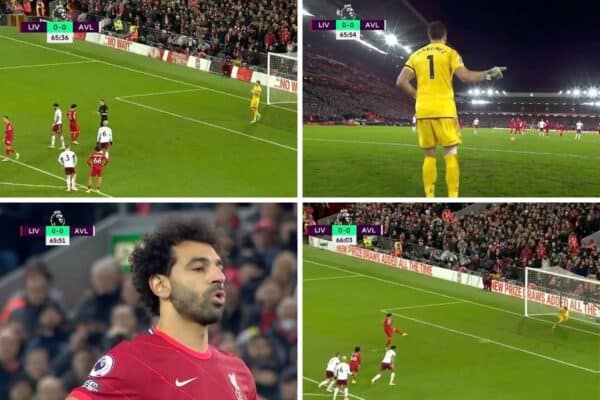
While an arrogant Emi Martinez continually pointed to his right, indicating where he was going to dive in an attempt to get in the taker’s head and tempt him to shoot in that direction, Salah ignored his efforts and fired it into the opposite corner.
Martinez had managed to put Bruno Fernandes off his spot-kick in Villa’s 1-0 win over Man United in September – calling for Cristiano Ronaldo to take it instead, prompting the playmaker to hammer over the bar – but Salah rose above his mind games.
That is a testament to not only Salah’s mentality, which cannot be undersold, but also the merits of those sessions with neuro11, ignoring the noise and, with a deep breath, producing the moment that mattered.
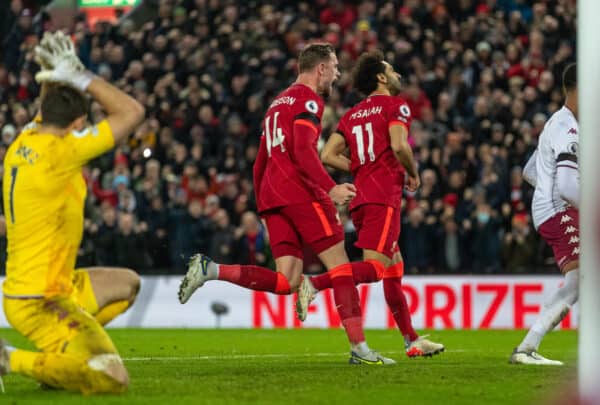
Unlike Alexander-Arnold’s free-kick at the London Stadium, it was the difference between a point and three, and this shows Klopp’s focus on marginal gains paying off.
It was the end result of those breathing techniques courtesy of Steudtner and the improvements in accuracy found in the work of Hausler and Hantschke, married to the unbridled quality of Salah himself.
That is what Klopp and his staff will have been looking for when they employed the services of neuro11, and it vindicates their decision to bring them into the fold at Liverpool.

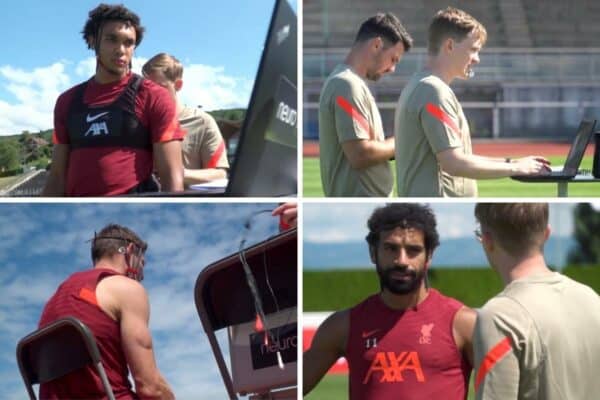


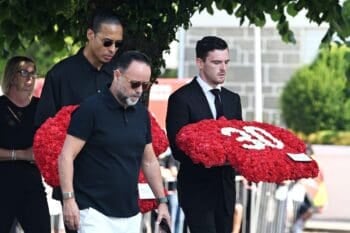
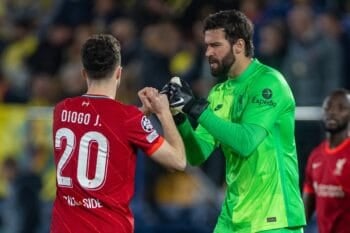
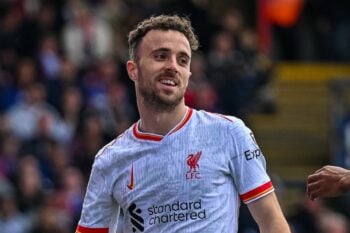
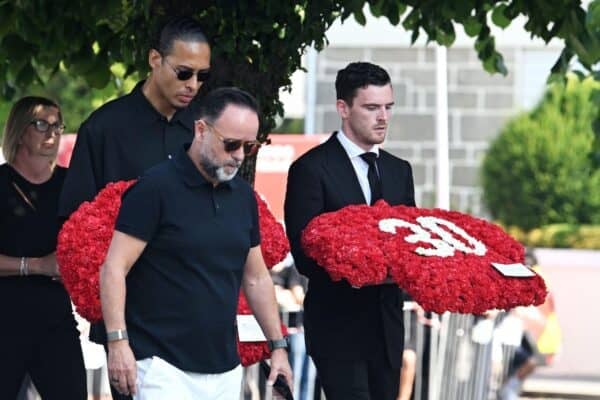
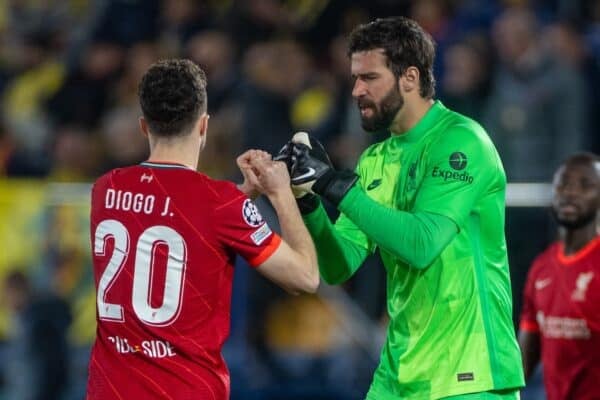
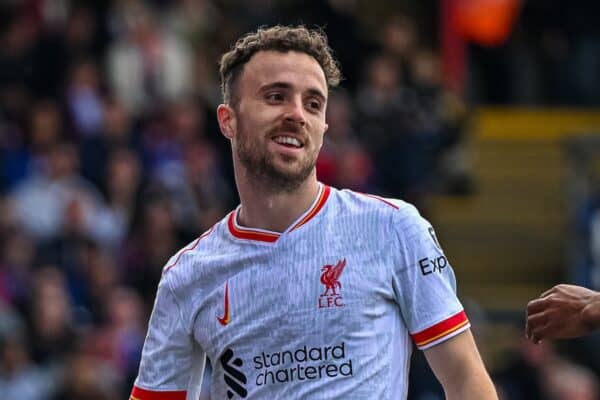
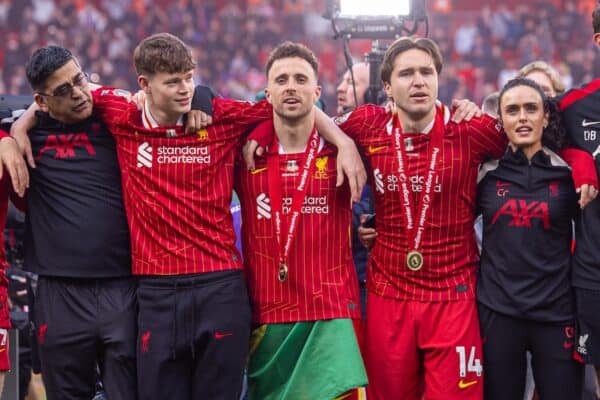

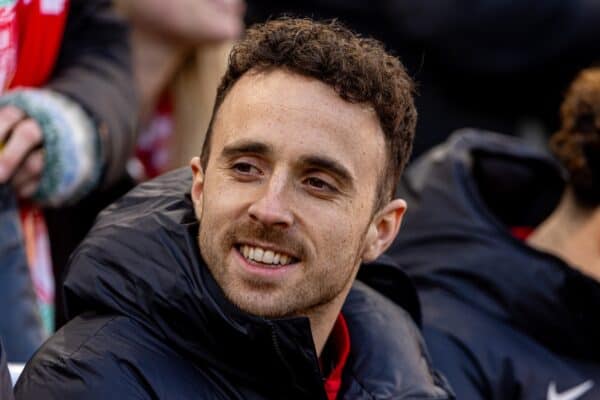
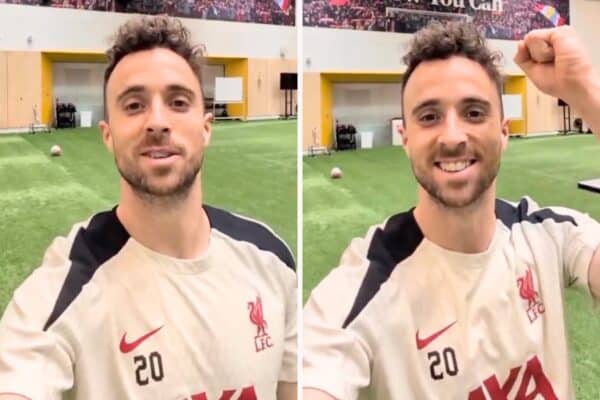
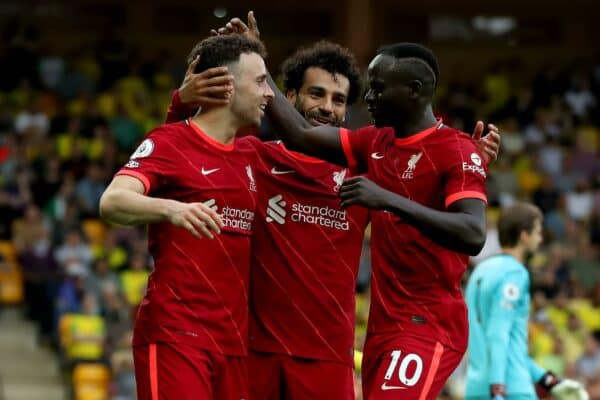



Fan Comments